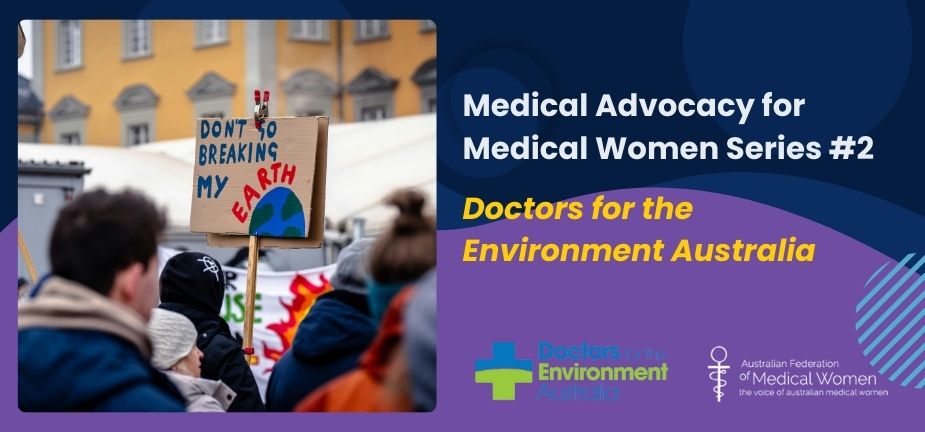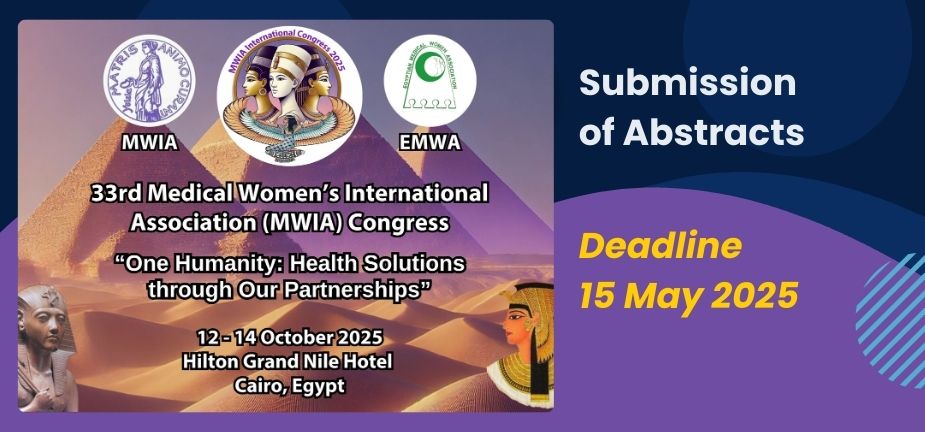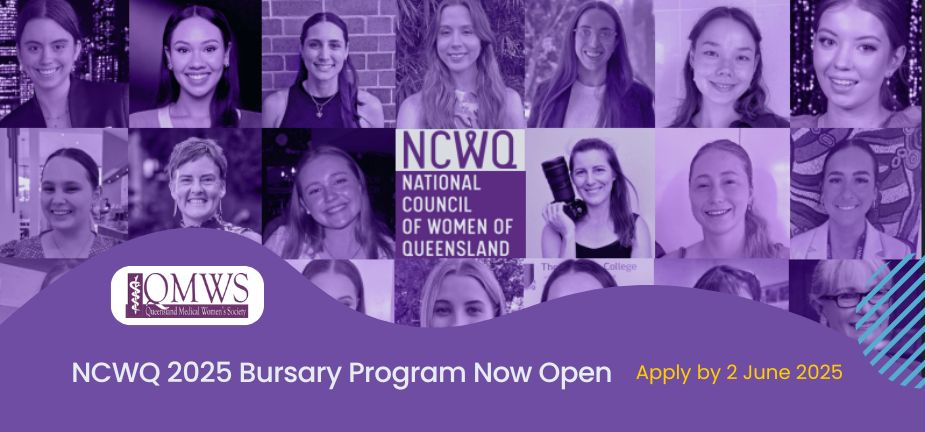PREVIOUS RESOLUTION: 2001.20
MWIA recognises that lesbian doctors face discrimination, homophobia and the assumption of heterosexuality within medical systems and that this has a negative impact.
MWIA acknowledges that it is a basic human right to live and work, free from such discrimination and asserts lesbian rights as human rights.
35
Therefore, MWIA encourages: the integration of lesbian, gay, bisexual and transgender issues in medical education that active steps be taken to prevent discrimination and harassment on the basis of sexual orientation, including development of specific anti-discrimination policies in all educational institutes and workplaces.
BACKGROUND: Homosexuality is illegal and carries significant punishment, from execution to long gaol sentences and other punishments in many countries. (In recent years this number has been in the vicinity of 70 to 80 countries).
Many other countries have no laws against homosexuality, but in these countries often the situation is that homosexuality is not acceptable and such absence of any laws relating to discrimination based on gender or sexual preference is usually an indicator that violence and discrimination against GLBTI people is socially acceptable in these countries.
For a class of people to be ” punished” and seen as committing a crime for something which does not harm another is an an oppression of that group and a breach of basic human rights for that group. And in countries where this group is a target group for social violence, there needs to be laws to protect this group from violence the same as for other citizens.
In 2008 “the UN General Assembly heard a statement endorsed by more than 50 countries which called for an end to rights abuses based on sexual orientation and gender identity. While the statement was non binding, it was squarely based on and reaffirmed existing protections for human rights in international law. It was historic, in that it was the first time that the condemnation of human rights violations based on sexual orientation and gender identity was publically criticized by a large number of states, in the context of the General Assembly.” (From website of the Office of the High Commissioner for Human Rights, United Nations).
For more information on the United Nations and human rights for GLBTI people see Yogyakarta Principles from Wikipedia.
June 2010.









